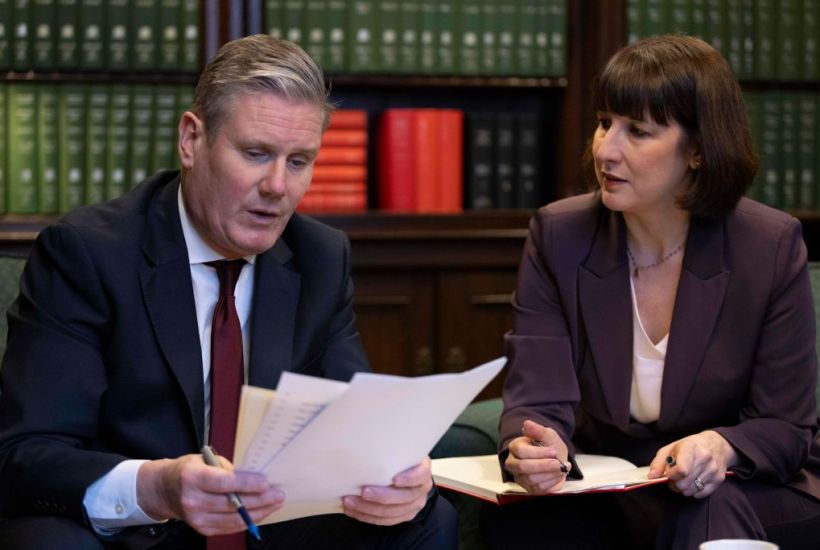Every year the Mais lecture, hosted by Bayes Business School, gives its speaker a chance to lay out their vision for the economy. It’s how we knew Rishi Sunak would prioritise fiscal prudence over tax cuts long before he entered Number 10. Last night it was Rachel Reeves’s turn.
The message seemed to be: build up the state to get it out of the way
As expected, there were no big policy announcements about what Labour might do in power.
Already a subscriber? Log in
Subscribe for just $2 a week
Try a month of The Spectator Australia absolutely free and without commitment. Not only that but – if you choose to continue – you’ll pay just $2 a week for your first year.
- Unlimited access to spectator.com.au and app
- The weekly edition on the Spectator Australia app
- Spectator podcasts and newsletters
- Full access to spectator.co.uk
Or





















Comments
Don't miss out
Join the conversation with other Spectator Australia readers. Subscribe to leave a comment.
SUBSCRIBEAlready a subscriber? Log in